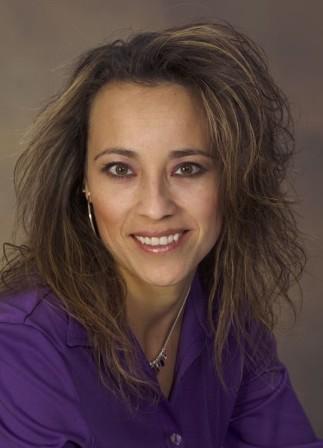UA Receives CDC Grant for Disaster Preparedness
Since 2005, the Mountain West Preparedness and Emergency Response Learning Center has trained more than 4,500 public health professionals throughout the U.S. in emergency preparedness.
 |
The UA is working with the CDC to help communities prepare for public health emergencies and mass casualty events ranging from natural disasters like floods to acts of terrorism.
The Mountain West Preparedness and Emergency Response Learning Center at the University of Arizona Mel and Enid Zuckerman College of Public Health is the sole awardee of a three-year $600,000 cooperative agreement to work with the Centers for Disease Control and Prevention to help communities prepare for public health emergencies and mass casualty events. The research is a collaborative effort between federal, state, tribal, and local partners.
Emergencies can happen at any time for any reason. Being prepared can mean the difference between a quick, easy recovery or a slow and difficult one. Since 2005, MWPERLC has trained more than 4,500 public health professionals throughout the U.S. in emergency preparedness.
 |
| Brenda Granillo, MS, MEP |
The grant will be administered by lead researcher Jeff Burgess, MD, MPH, professor and director of the College of Public Health's Community, Environment and Policy Division and Brenda Granillo, project director of the Mountain West Preparedness and Emergency Response Learning Center.
“We have seen time and time again the devastation our communities face in the aftermath of disasters; whether it is caused by natural events such as the flooding in Colorado, wildfires and hurricanes, terrorism like the Boston Marathon bombings, or unthinkable acts like the Sandy Hook Elementary shootings. The recovery process can be slow, tedious and often overwhelming,” said Granillo.
The team will work to reduce injury related morbidity and mortality in public health emergencies by improving community preparedness and response activities though sharing lessons learned, identifying and documenting best practices, and fostering national collaboration to strengthen community resiliency.
“The support necessary to rebuild our communities requires fostering relationships and partnerships at all levels of government. This grant will provide the Center with the opportunity to advance and expand our existing work on building community resiliency,” said Granillo.
The first year will focus on identifying key issues in planning for and responding to disasters by gathering input from national and federal partners followed by engagement of the community, public health, emergency management and health systems leadership to document lessons learned using robust qualitative methods. Ralph Renger, PhD, a former faculty member of the UA Zuckerman College of Public Health who now works for the University of North Dakota, will lead the evaluation performance and measurement plan.

